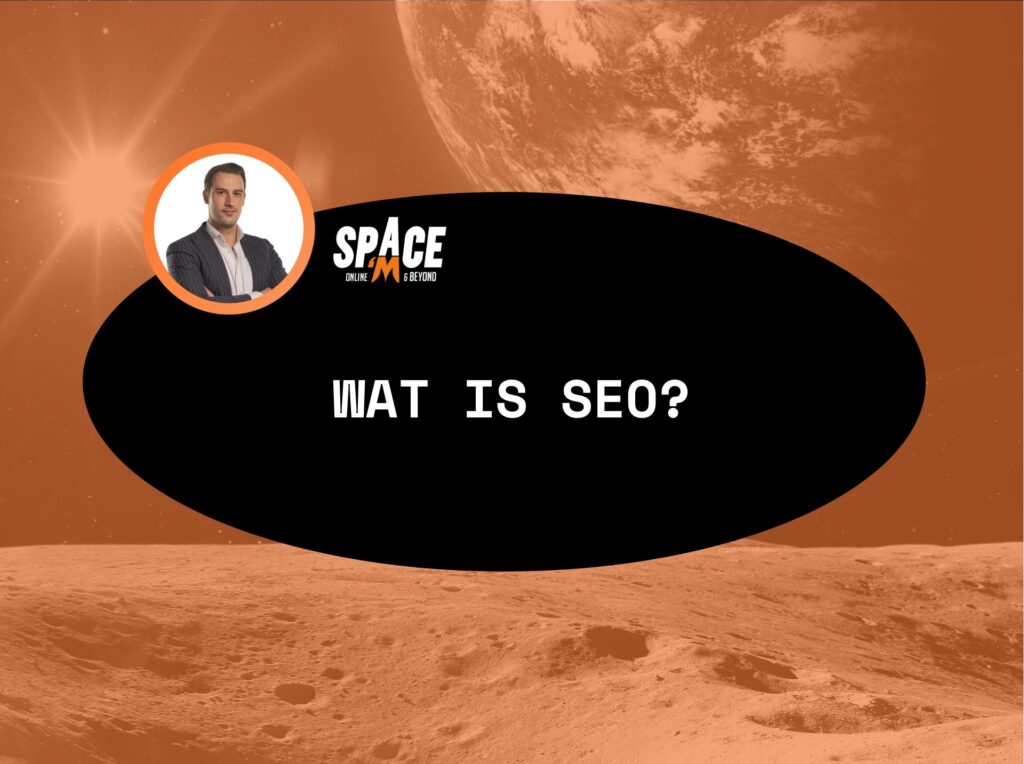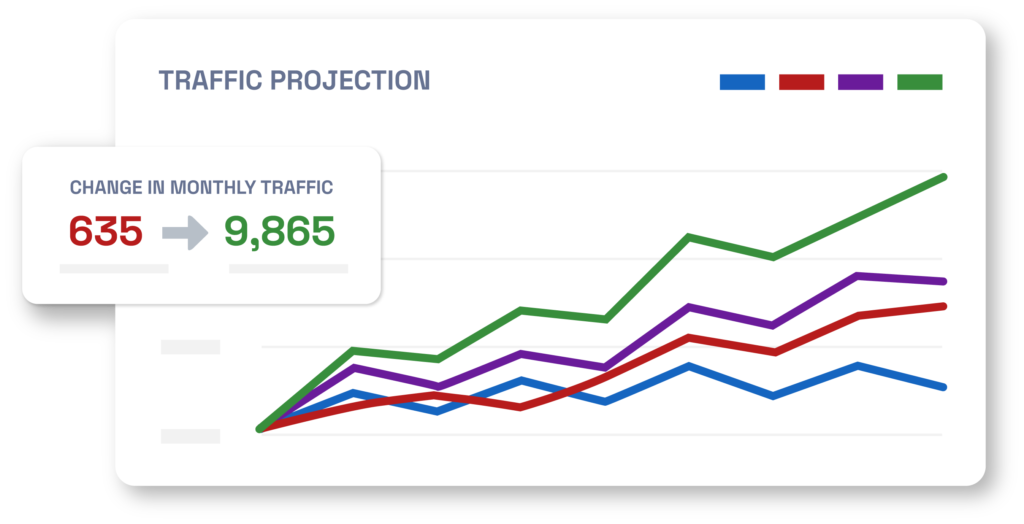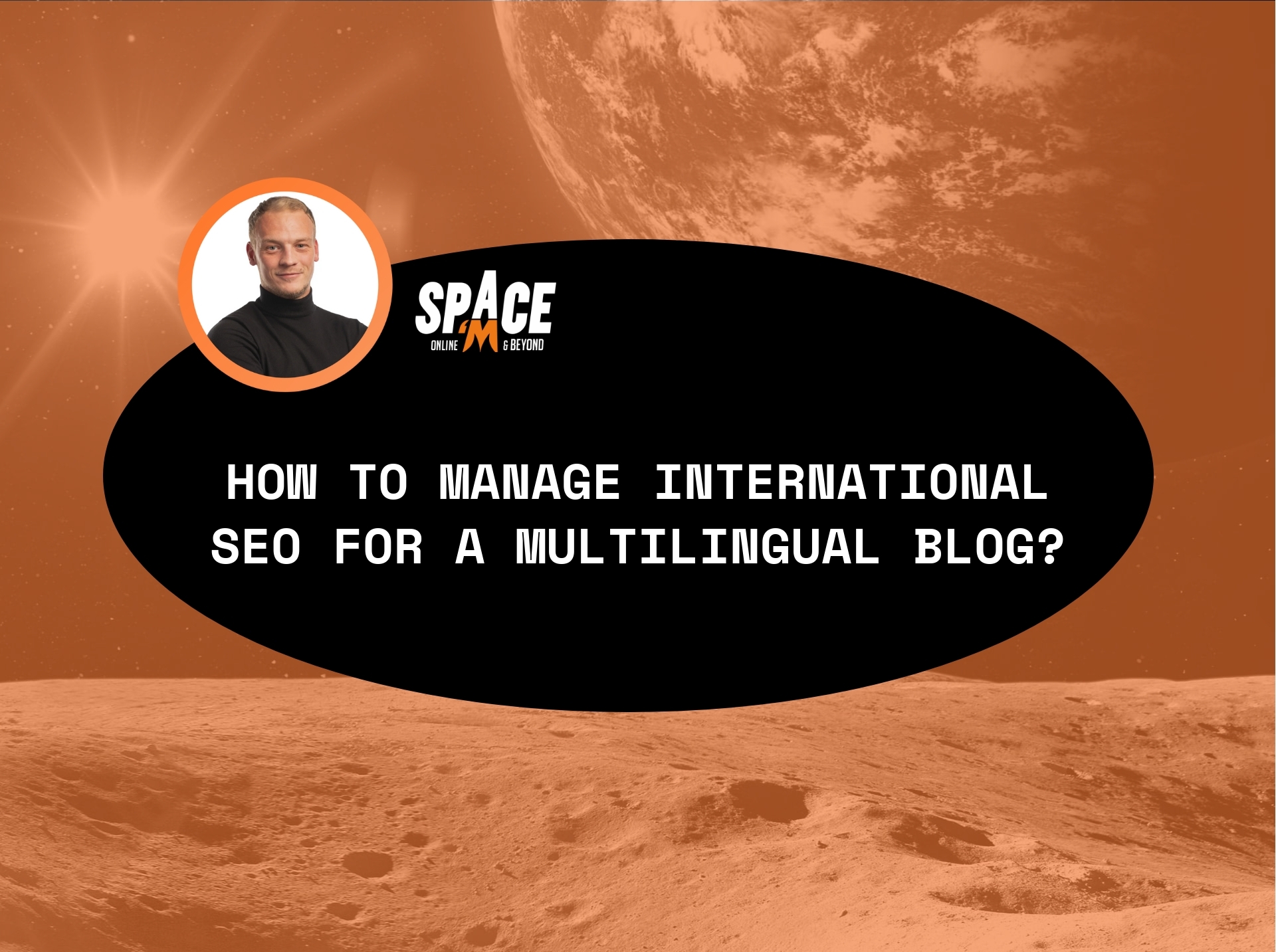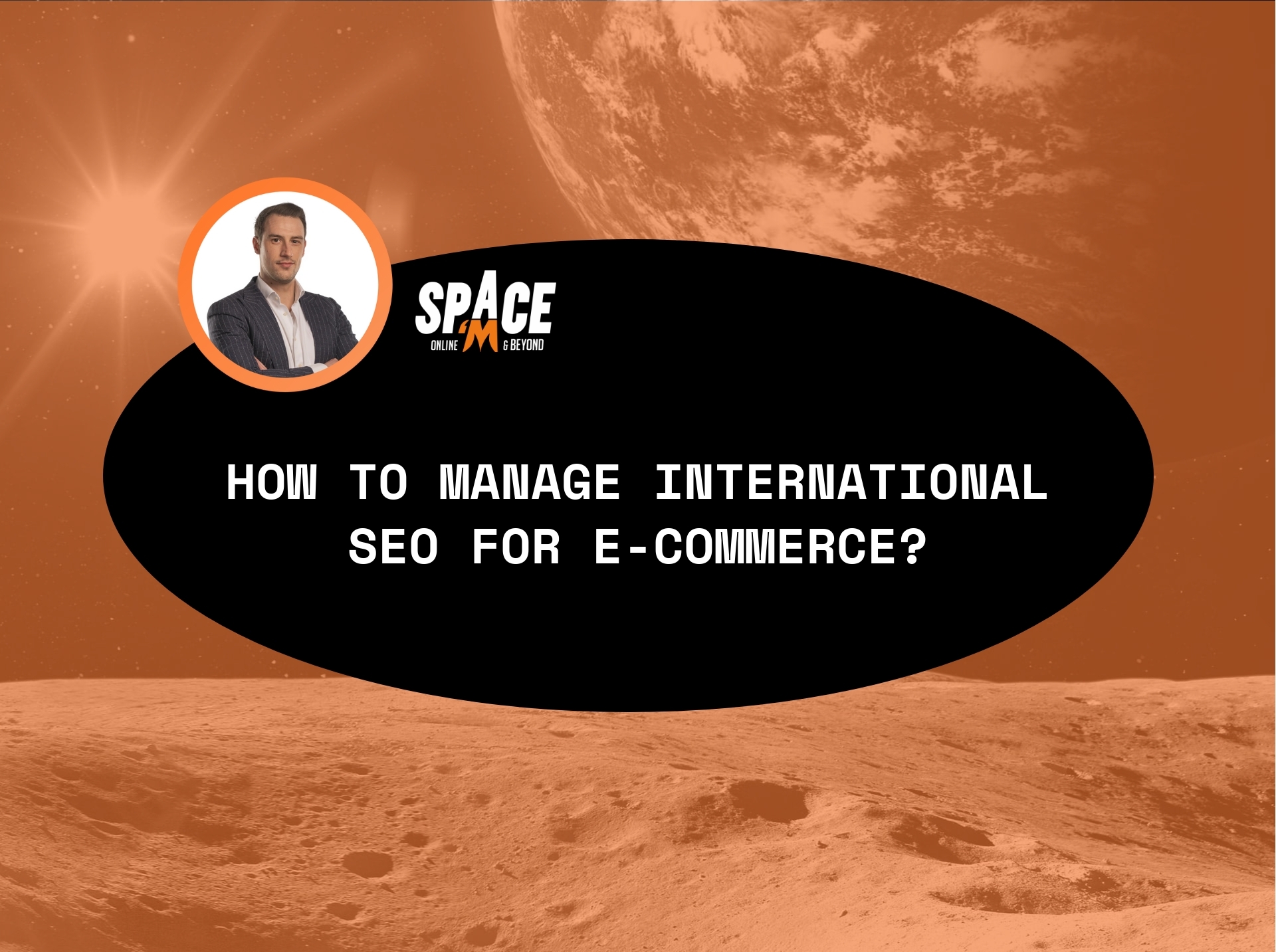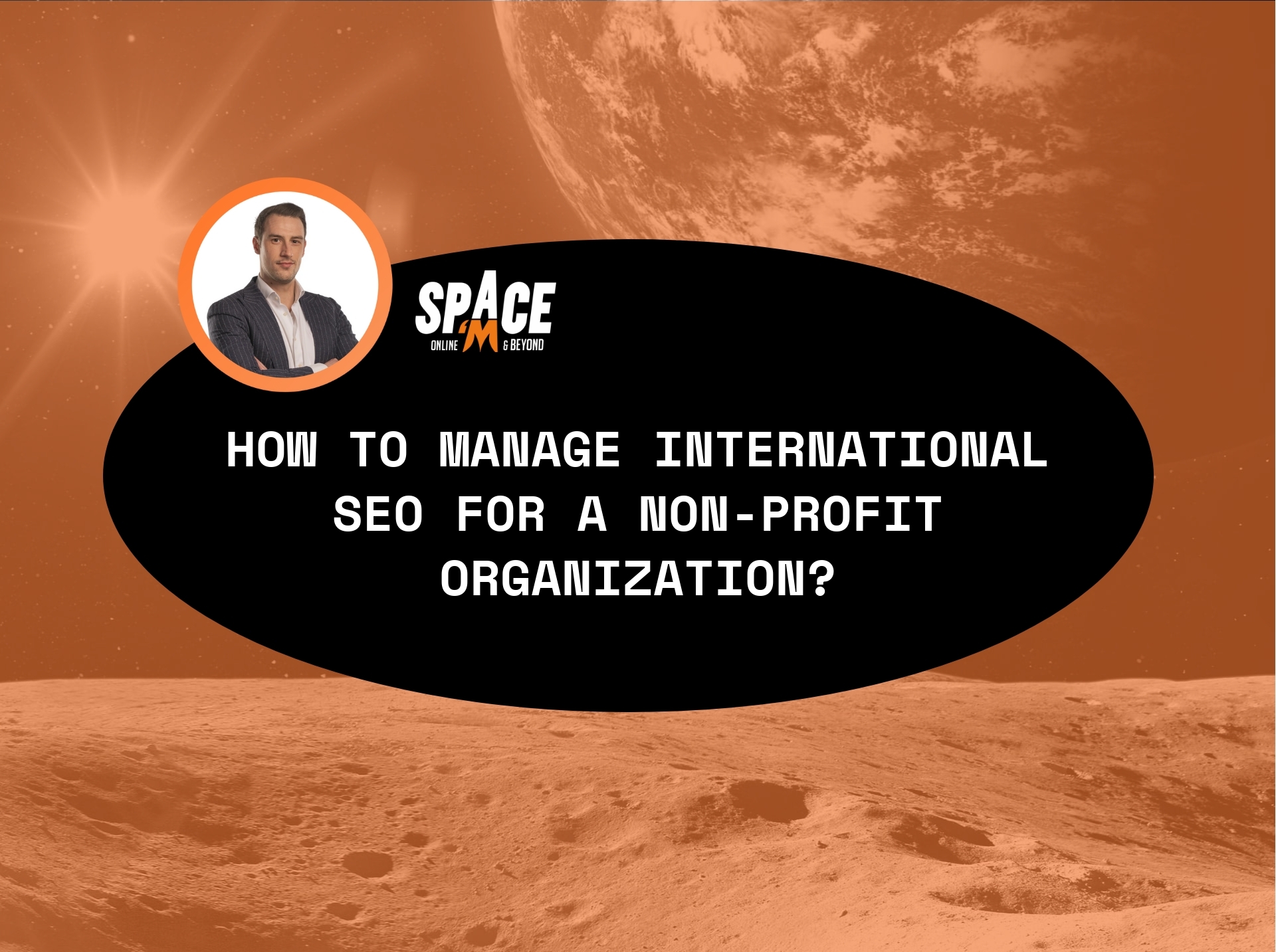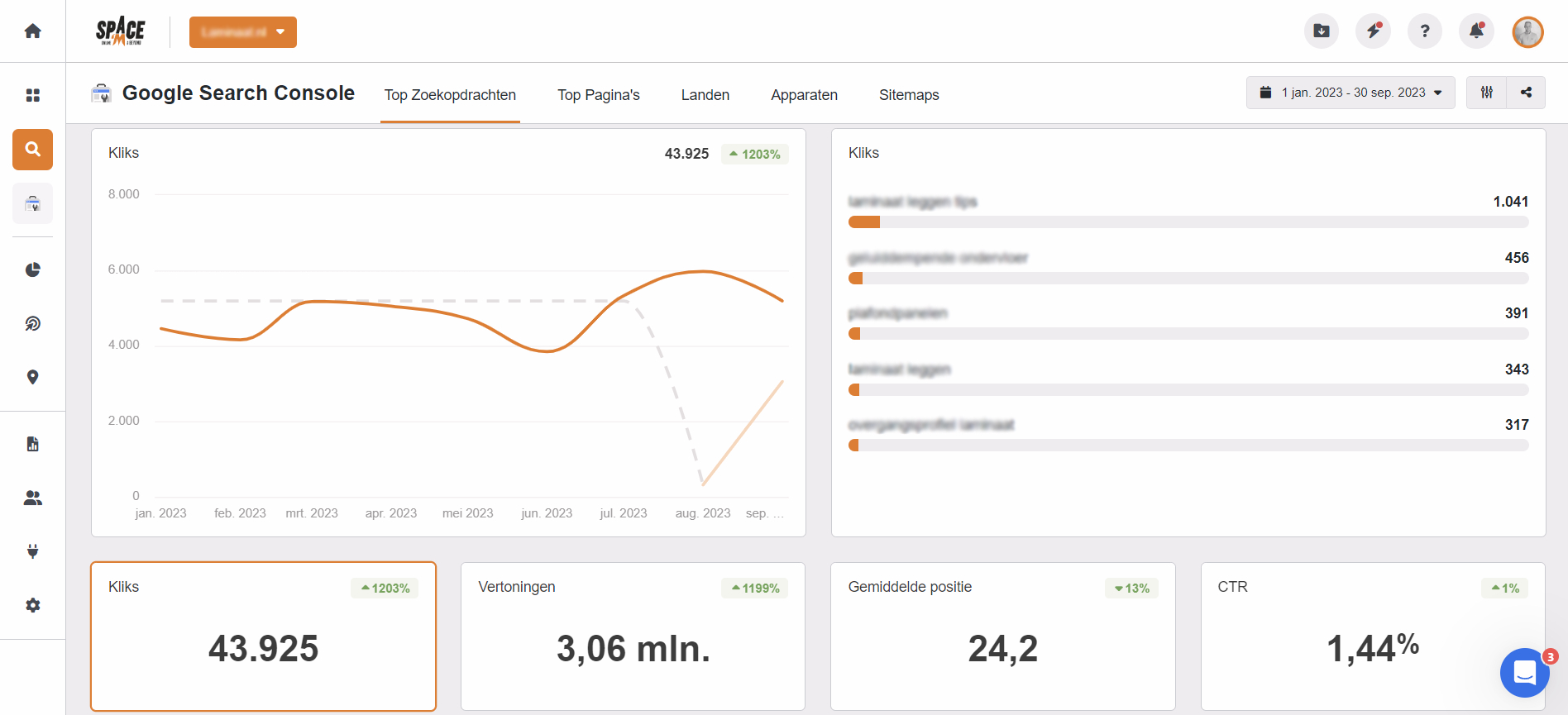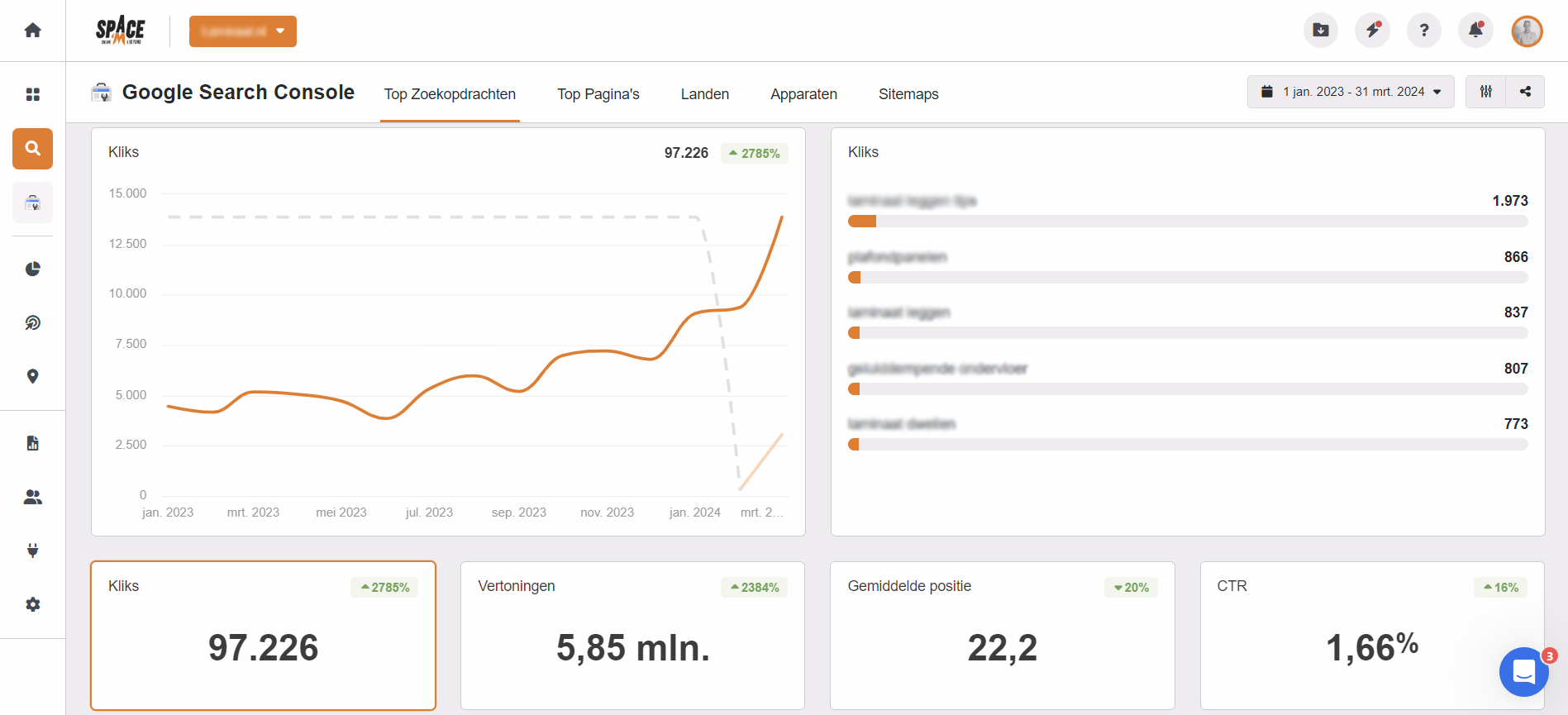In de digitale wereld van vandaag is de zichtbaarheid op het internet crucialer dan ooit. Of je nu een blogger bent, de eigenaar van een klein bedrijf, of de marketingmanager van een groot merk, je zult vast weleens gehoord hebben over het belang van SEO, oftewel zoekmachineoptimalisatie.
Maar wat is SEO precies, en waarom is het zo belangrijk voor jouw website of online business? In dit artikel duiken we dieper in de wereld van SEO, verklaren we de basisprincipes en bieden we inzicht in hoe je het kunt gebruiken om de online aanwezigheid van je website te verbeteren.
Wat betekent SEO?
SEO staat voor Search Engine Optimization, in het Nederlands zoekmachineoptimalisatie. Het is het proces van het optimaliseren van je website, zodat een zoekmachine deze graag wil tonen als topresultaat voor zoekopdrachten van een bepaald trefwoord of zin.
In essentie gaat het erom de ‘taal’ van zoekmachines te begrijpen en je website dienovereenkomstig aan te passen om meer organisch (onbetaald) verkeer te genereren. Door je website te optimaliseren met relevante trefwoorden en hoogwaardige content, vergroot je de kans dat zoekmachines je site als een waardevolle bron zien en hoger in de zoekresultaten plaatsen.
Waarom is SEO belangrijk?
In een wereld waarin het internet een hoofdrol speelt in hoe mensen informatie vinden, producten kopen en diensten ontdekken, is SEO van onschatbare waarde. Het zorgt ervoor dat je website gevonden wordt door mensen die op zoek zijn naar wat jij te bieden hebt.
Een effectieve SEO-strategie kan het verschil maken tussen een website die verloren gaat in de oneindigheid van het internet en een website die groeit, bloeit en zijn doelgroep bereikt.
SEO is daarnaast ook belangrijk omdat het de gebruikerservaring van je site verbetert. Zoekmachines belonen websites die snel laden, gemakkelijk te navigeren zijn, en relevante, kwalitatieve informatie bieden.
Door te focussen op SEO, verbeter je dus niet alleen je rankings in zoekmachines, maar maak je jouw website ook waardevoller en gebruiksvriendelijker voor bezoekers.
Hoe werkt SEO?
SEO kan complex lijken, maar het draait allemaal om het begrijpen en toepassen van een paar kernprincipes. Laten we daarom eens enkele essentiële onderdelen van SEO verkennen:
1. Zoekwoordenonderzoek
Zoekwoordenonderzoek, ook wel bekend als keyword research, vormt de basis van SEO. Dit proces omvat het identificeren van de woorden en zinnen die jouw doelgroep gebruikt om naar producten, diensten of informatie te zoeken die jij aanbiedt.
Door deze trefwoorden strategisch in je website en content te verwerken, vergroot je de kans dat jouw site door zoekmachines wordt opgemerkt en gerangschikt voor relevante zoekopdrachten.
2. Contentcreatie
Content is koning in de wereld van SEO. Het creëren van waardevolle, relevante en hoogwaardige content die inspeelt op de behoeften en vragen van je doelgroep is essentieel. Dit omvat niet alleen tekstuele content, maar ook afbeeldingen, video’s, infographics, en meer. Goede content trekt bezoekers aan, houdt ze betrokken en moedigt ze aan om jouw site te verkennen.
3. Linkbuilding
Linkbuilding is het proces van het verkrijgen van links van andere websites naar jouw website. Zoekmachines zien deze backlinks als stemmen van vertrouwen. Hoe meer kwalitatieve links je hebt van relevante en autoritaire websites, hoe hoger je website waarschijnlijk zal ranken in de zoekresultaten.
4. Analyse en monitoring
SEO is geen eenmalige taak, maar een doorlopend proces. Het monitoren van je website prestaties, het analyseren van het verkeer, en het aanpassen van je strategieën op basis van wat werkt (en wat niet) zijn cruciaal voor langdurig SEO-succes.
In welke landen kun je SEO inzetten?
Bij Space’M Online bieden we uitgebreide SEO-diensten aan voor diverse target landen. Hoewel we ons voornamelijk richten op SEO in Europa, zijn onze diensten eveneens beschikbaar voor markten buiten Europa waarmee we een breed scala aan bedrijven kunnen ondersteunen met een internationale SEO strategie op maat.
Wil je keihard groeien, en heb je internationale ambities? Onderzoek dan zeker een internationale SEO strategie om heel de wereld te bereiken.
- SEO in Nederland
- SEO in Frankrijk
- SEO in Duitsland
- SEO in Italië
- SEO in Spanje
- SEO in Engeland
- SEO in de Verenigde Staten
Ons team van SEO-experts heeft uitgebreide ervaring in het werken in diverse markten en begrijpt de unieke uitdagingen en kansen die elk land biedt. Staat het land waar jij naartoe wilt uitbreiden er niet tussen? Neem dan gerust contact met ons op om de mogelijkheden en kansen te bespreken.
Wat zijn de belangrijkste factoren voor SEO?
SEO is een complex en veelzijdig veld, maar er zijn enkele kernelementen die de basis vormen van een goede zoekmachine-optimalisatie strategie. Deze elementen kunnen worden onderverdeeld in technische SEO, content, en autoriteit. Laten we elk van deze factoren nader bekijken:
1. Technische SEO
Technische SEO heeft betrekking op de optimalisatie van de infrastructuur van je website. Het zorgt ervoor dat zoekmachines je site gemakkelijk kunnen crawlen en indexeren.
Belangrijke aspecten van technische SEO zijn onder andere de snelheid van de website, mobiele vriendelijkheid, de structuur van de website, en het gebruik van structured data om zoekmachines te helpen de context van je content te begrijpen. Een technisch goed geoptimaliseerde site biedt de basis voor een succesvolle SEO-strategie.
2. Content
Zoals eerder vermeld, is content een cruciale factor voor SEO. Niet alleen moet de content relevant en waardevol zijn voor je doelgroep, maar het moet ook geoptimaliseerd zijn voor de zoekwoorden waarvoor je gevonden wilt worden.
Dit betekent echter niet het overmatig gebruik van trefwoorden (keyword stuffing), maar eerder het op een natuurlijke en zinvolle manier integreren van deze trefwoorden in je teksten, titels, en meta-descriptions.
3. Autoriteit
Autoriteit wordt opgebouwd door het verkrijgen van backlinks van andere websites. Dit zijn in feite ‘stemmen’ van andere sites die zeggen dat jouw content betrouwbaar, waardevol, en geloofwaardig is.
De kwaliteit en relevantie van deze backlinks zijn belangrijker dan de kwantiteit. Een link van een hoog aangeschreven site binnen jouw industrie weegt zwaarder dan meerdere links van minder relevante of kwalitatieve websites.
Wat is het verschil tussen on-page en off-page SEO?
In de wereld van SEO kunnen we ook onderscheid maken tussen on-page en off-page SEO. Dit klinkt misschien heel lastig, maar eigenlijk is het vrij eenvoudig. On-page SEO verwijst naar de optimalisatie van elementen op je eigen website, zoals content, HTML-tagoptimalisatie, afbeeldingen, en meta tags, die je direct kunt beïnvloeden en aanpassen.
Daarentegen richt off-page SEO zich op externe factoren die de perceptie van jouw website in de online wereld beïnvloeden, zoals backlinks, sociale media-aanwezigheid, en andere marketingactiviteiten buiten je eigen website. Samen vormen ze een complete SEO-strategie waarmee je jouw online zichtbaarheid maximaliseert.
De verschillende optimalisatietechnieken voor SEO
SEO is een breed veld met verschillende technieken en strategieën die kunnen worden gebruikt om de zichtbaarheid en ranking van een website in zoekmachines te verbeteren. Deze technieken kunnen worden gecategoriseerd onder drie hoofdhoeden: White Hat SEO, Black Hat SEO, en Grey Hat SEO.
Het is cruciaal om het verschil tussen deze optimalisatietechnieken te begrijpen, aangezien de keuze ervan langdurige gevolgen kan hebben voor de gezondheid en het succes van je website.
White Hat SEO
White Hat SEO omvat technieken die volledig in lijn zijn met de richtlijnen van zoekmachines. Deze methoden zijn gericht op het bieden van waarde aan de gebruiker en het opbouwen van een duurzame online aanwezigheid.
Voorbeelden van White Hat SEO-praktijken omvatten het creëren van kwalitatieve content, optimaliseren van website-laadsnelheden, en het opbouwen van natuurlijke backlinks. Deze aanpak is gericht op de lange termijn en bouwt geleidelijk aan autoriteit en rankings op een ethische manier.
Black Hat SEO
Black Hat SEO daarentegen gebruikt technieken die proberen de zoekmachine rankings te manipuleren door de richtlijnen van zoekmachines te omzeilen of te schenden. Voorbeelden hiervan zijn keyword stuffing, cloaking, en het gebruik van verborgen tekst.
Hoewel Black Hat SEO soms op korte termijn resultaten kan opleveren, is het riskant en kan het leiden tot sancties van zoekmachines, waaronder het verlagen van rankings of zelfs volledige verwijdering uit zoekresultaten.
Grey Hat SEO
Grey Hat SEO bevindt zich ergens tussen White Hat en Black Hat SEO in. Deze technieken zijn niet expliciet verboden door de richtlijnen van zoekmachines, maar ze zijn ethisch gezien dubieus en kunnen potentieel risico’s met zich meebrengen als ze worden ontdekt door zoekmachines.
Voorbeelden van Grey Hat SEO-praktijken omvatten het gebruik van clickbait, het enigszins aanpassen van duplicate content, of het kunstmatig verhogen van het aantal backlinks via link-uitwisselingsprogramma’s.
Het belang van investeren in SEO
In een tijdperk waarin het internet een centrale rol speelt in hoe mensen informatie vinden, beslissingen nemen en aankopen doen, kan het belang van investeren in SEO niet worden onderschat.
SEO is niet alleen een essentieel onderdeel van elke digitale marketingstrategie, maar het is ook een investering in de toekomst van je bedrijf. Hier zijn enkele redenen waarom investeren in SEO van cruciaal belang is voor succes op lange termijn:
- Verhoogde zichtbaarheid en verkeer: een goed geoptimaliseerde website trekt meer bezoekers. Door hoger in de zoekresultaten te verschijnen voor relevante trefwoorden, vergroot je de kans dat potentiële klanten je website vinden.
- Betere gebruikservaring: SEO gaat niet alleen over zoekmachines, maar ook over het bieden van een betere ervaring aan je websitebezoekers. Een snelle, gebruiksvriendelijke website verhoogt niet alleen je rankings maar ook de tevredenheid van de gebruiker, wat leidt tot hogere conversieratio’s.
- Kosteneffectiviteit: in vergelijking met betaalde advertentiekanalen biedt SEO een relatief kosteneffectieve manier om je doelgroep te bereiken. Eenmaal goed gepositioneerd voor belangrijke trefwoorden, blijf je verkeer ontvangen zonder voor elke klik te hoeven betalen.
- Opbouwen van geloofwaardigheid en vertrouwen: websites die hoog ranken in zoekresultaten worden vaak gezien als meer betrouwbaar en geloofwaardig in de ogen van gebruikers. Investeren in SEO helpt bij het opbouwen van het vertrouwen van je doelgroep.
- Langdurig resultaat: in tegenstelling tot betaalde advertenties die stoppen zodra je stopt met betalen, biedt SEO duurzame resultaten. De inspanningen die je vandaag levert, kunnen nog maanden of zelfs jaren later vruchten afwerpen.
- Competitief voordeel: door te investeren in SEO, kun je een voorsprong nemen op concurrenten die dit niet doen. In competitieve markten kan een sterke SEO-strategie het verschil maken tussen gevonden worden of verloren gaan in de menigte.
- Adaptatie aan veranderend gebruikersgedrag: SEO stelt bedrijven in staat zich snel aan te passen aan veranderingen in gebruikersgedrag en markttrends. Door up-to-date te blijven met SEO-praktijken, blijft je website relevant voor zowel zoekmachines als gebruikers.
Investeren in SEO is een langetermijnstrategie die geduld, consistentie en een voortdurende inzet vereist. De voordelen van SEO strekken zich echter ver uit en kunnen een significante impact hebben op de groei en het succes van je online aanwezigheid. Het is een essentiële investering in de digitale toekomst van je bedrijf.


